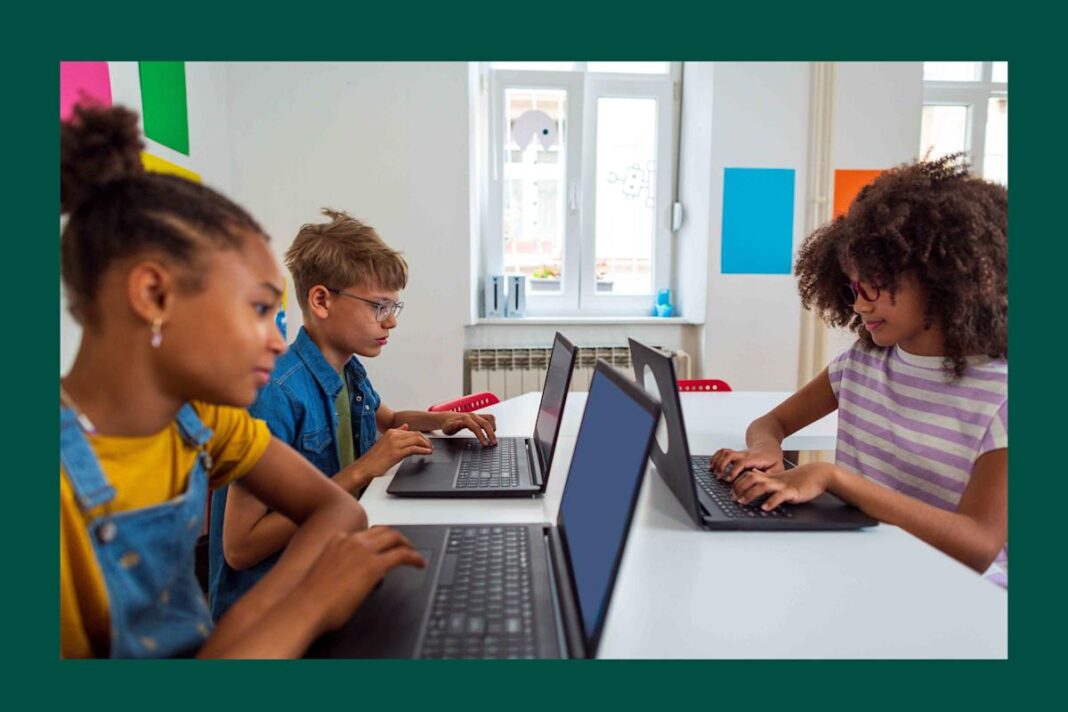## From Likes to Flames: A TikTok Trend is Turning Classrooms into Fire Zones Imagine this: the quiet hum of a classroom, the rhythmic tap-tap-tap of keyboards, and then, suddenly, a horrifying crackle and the acrid scent of burning plastic. It’s not a scene from a disaster movie, it’s the terrifying reality for some schools across the country. A dangerous TikTok trend is urging students to set their school-issued laptops ablaze, turning what should be a haven of learning into a potential inferno. We delve into the chilling details of this viral challenge, exploring its origins, its alarming spread, and the urgent need for action before more classrooms are consumed by flames.
The Burning Cost: Real-World Consequences
Financial Implications: Replacing Damaged Equipment and Insurance Coverage
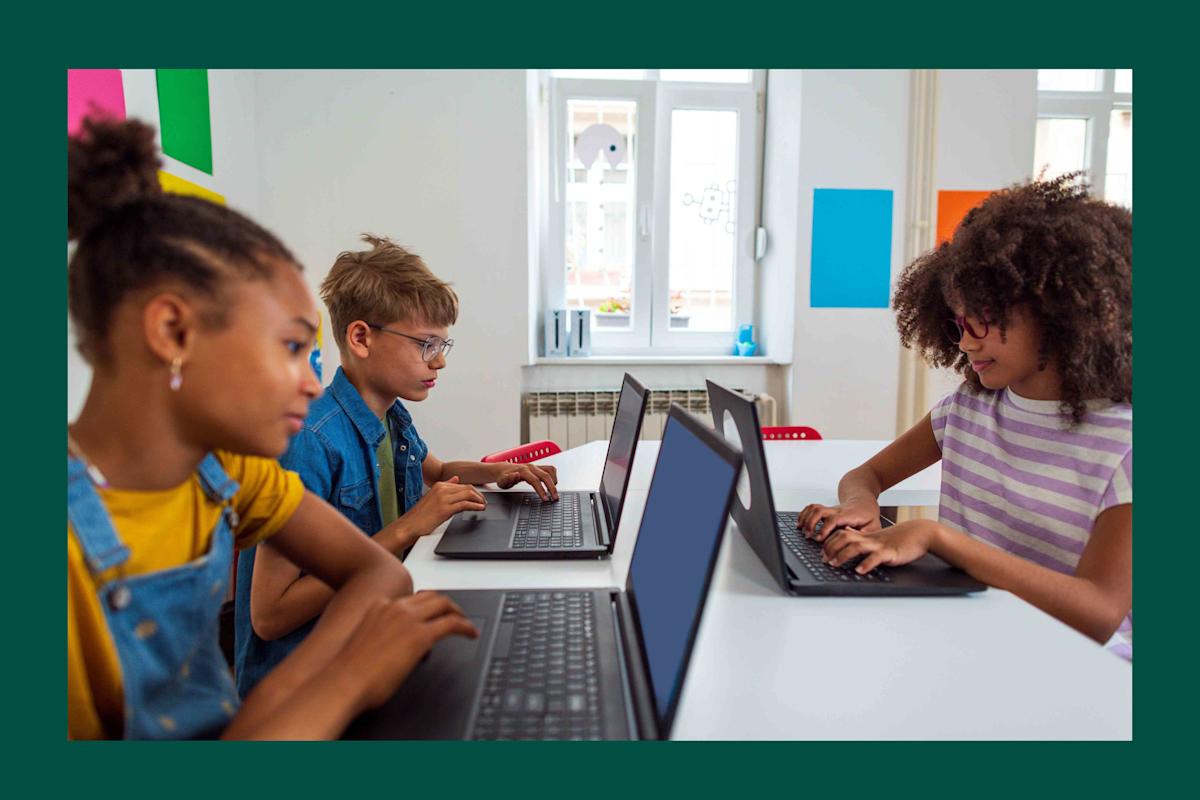
The financial burden of this TikTok trend extends beyond the students themselves. School districts are faced with the costly task of replacing damaged laptops, which can quickly add up. A typical Chromebook costs an average of $300, and considering the potential for widespread participation in this trend, the cost to replace damaged devices could reach tens of thousands of dollars for individual schools. Unionjournalism has learned that some school districts are exploring increasing their insurance premiums to cover potential damages, ultimately leading to higher costs for taxpayers.
Dr. Maureen Brummett, superintendent of Newington Public Schools in Connecticut, emphasizes the financial strain on the district. “Chromebooks are expensive and they’re going up in price, so when a student does intentionally destroy a Chromebook, it’s their responsibility to replace it,” she explains. “We have [an] insurance program but it’s not covering intentional damage.”
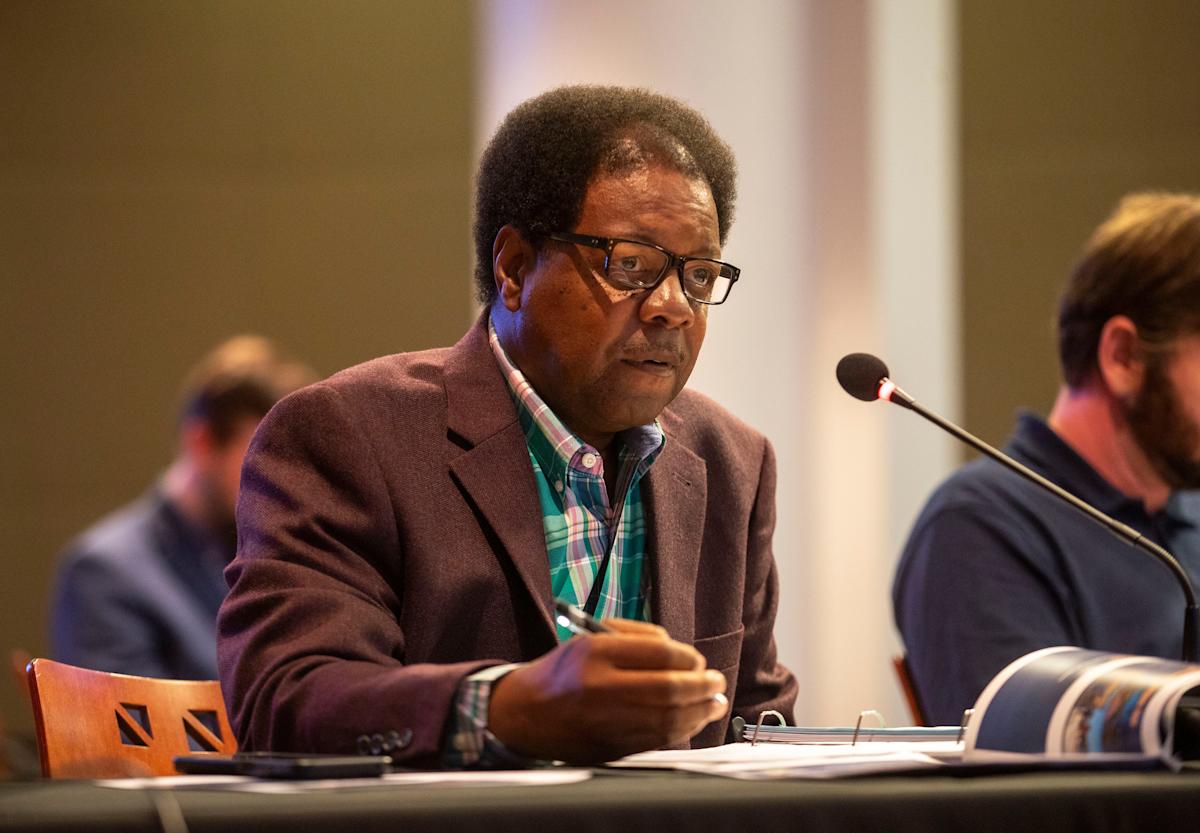
Safety Risks: Potential for Explosions, Burns, and Toxic Smoke Inhalation
Beyond the financial implications, the safety risks associated with this trend are alarming. Inserting foreign objects into laptop charging ports can cause electrical short circuits, leading to overheating, fires, and even explosions. The resulting flames and smoke can pose a serious threat to students, faculty, and firefighters.
“The batteries that are essentially catching on fire, once they burn, they’re producing this toxic smoke,” says Newington fire marshal DJ Zordon. “It’s more than just a trend. It causes a lot of disruption. The school has to be evacuated, firefighters respond to the fire house and subsequently to the scene, it takes resources from any other emergencies that might be happening at that time.”
The potential for burns and shrapnel injuries from exploding laptops is a grave concern. Unionjournalism urges schools to take immediate action to educate students about the dangers of this trend and implement stricter security measures to prevent future incidents.
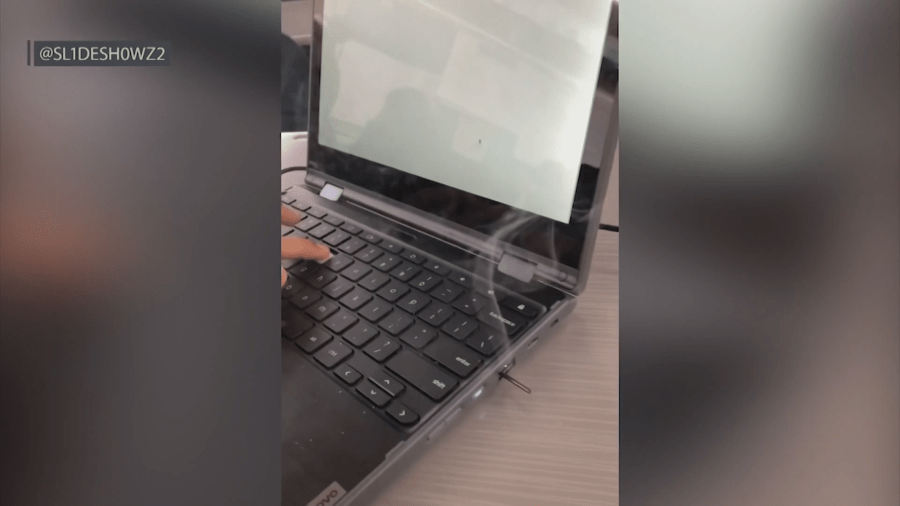
Disruption to Learning: Evacuations, Lost Class Time, and Security Concerns
The disruption to learning caused by this trend is significant. School evacuations, even if brief, can interrupt class time, disrupt lesson plans, and cause anxiety among students. Lost instructional time can have a cumulative effect on students’ academic performance, particularly in crucial areas where consistent learning is essential.
Beyond the immediate disruption, this trend raises serious security concerns. Schools are now faced with the challenge of preventing students from engaging in dangerous activities with potentially harmful consequences. Increased vigilance and security measures may be necessary to ensure the safety and well-being of the school community.
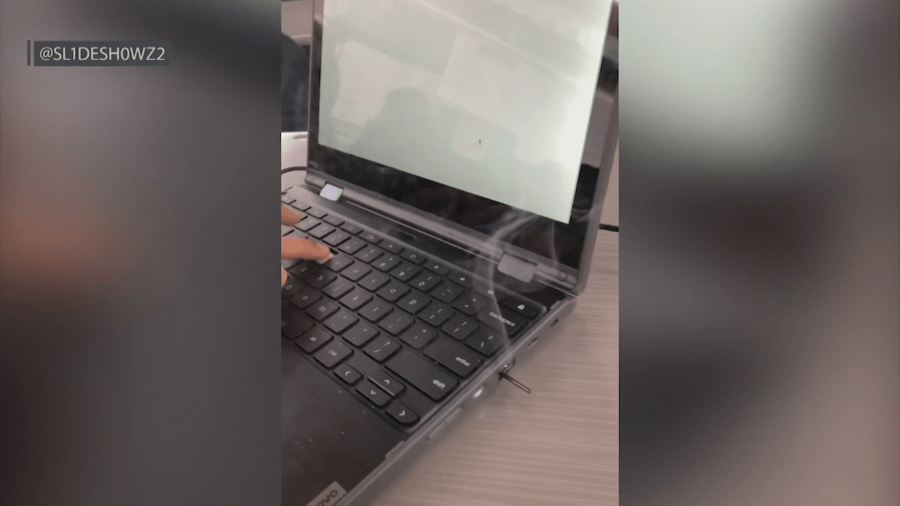
Beyond the Laptop: A Broader Discussion
Parental Involvement: Talking to Children About Online Trends and Dangers
The #chromebookchallenge highlights the crucial role parents play in guiding their children’s online behavior. Open and honest conversations about the dangers of online trends, the importance of critical thinking, and the consequences of reckless actions are essential. Parents should encourage their children to question the motivations behind viral challenges and to prioritize their safety and well-being over fleeting online fame.
Unionjournalism recommends that parents engage in age-appropriate discussions about online safety, emphasizing the potential for real-world harm associated with online trends. It’s important to monitor children’s online activity, set clear boundaries, and establish rules regarding social media use. Parents should also stay informed about emerging online trends and educate themselves about the potential risks involved.
Educational Responsibility: Addressing the Root Causes of Student Disengagement
While this trend may seem like a simple case of teenagers looking for attention, it also sheds light on the broader issue of student disengagement. Schools need to create engaging and relevant learning environments that address the needs of all students. When students feel bored, disconnected, or overwhelmed, they may be more susceptible to risky behaviors, including participating in harmful online trends.
Unionjournalism believes that schools should prioritize creating a positive and supportive learning environment for all students. This includes fostering a sense of community, providing opportunities for student voice and choice, and addressing underlying issues such as academic stress, bullying, and social isolation.
Social Media’s Role: Platform Accountability and Mitigating Harmful Content
Social media platforms have a responsibility to mitigate the spread of harmful content, including dangerous challenges. Unionjournalism calls on platforms like TikTok and Instagram to take proactive measures to identify and remove videos that promote dangerous or harmful activities. This includes using artificial intelligence to detect potentially harmful content, implementing stricter content moderation policies, and collaborating with parents, educators, and law enforcement agencies to address the issue.
Platforms should also invest in educational initiatives to promote digital literacy and responsible social media use among young people. This includes teaching students how to critically evaluate online information, identify potential risks, and make safe and responsible choices online.
Conclusion
The Alarming Trend of students Setting Laptops on Fire: A Growing Concern for Education
As we conclude our exploration of the disturbing trend where kids set their school laptops on fire during class, it’s clear that this phenomenon has far-reaching implications for education, student behavior, and school safety. Our analysis reveals that this trend is not an isolated incident, but rather a symptom of a larger issue – the intersection of social media, peer pressure, and a lack of accountability. The Yahoo article highlights the concerning rise of this trend, with students resorting to extreme measures to garner attention and likes on platforms like TikTok. The article’s key points emphasize the need for schools to take proactive measures to address this issue, including monitoring student online activity, providing counseling services, and establishing clear consequences for destructive behavior.
The significance of this trend cannot be overstated. It highlights the growing influence of social media on young minds and the desperation of students to be seen as “cool” or “interesting” online. The implications are dire, with schools facing the consequences of damaged property, disrupted learning environments, and potentially, serious safety risks. As educators, policymakers, and parents, it’s essential that we take a unified stance against this trend and work towards creating a culture of responsibility, empathy, and respect. By doing so, we can prevent the next incident and ensure that our schools remain safe and conducive to learning.

